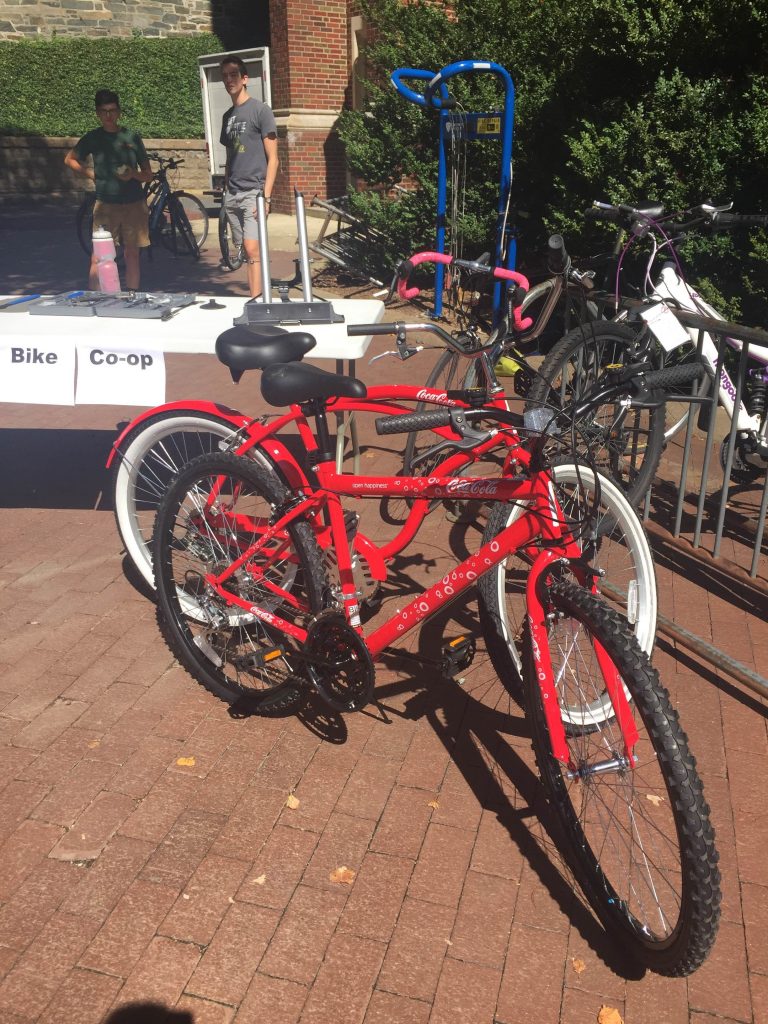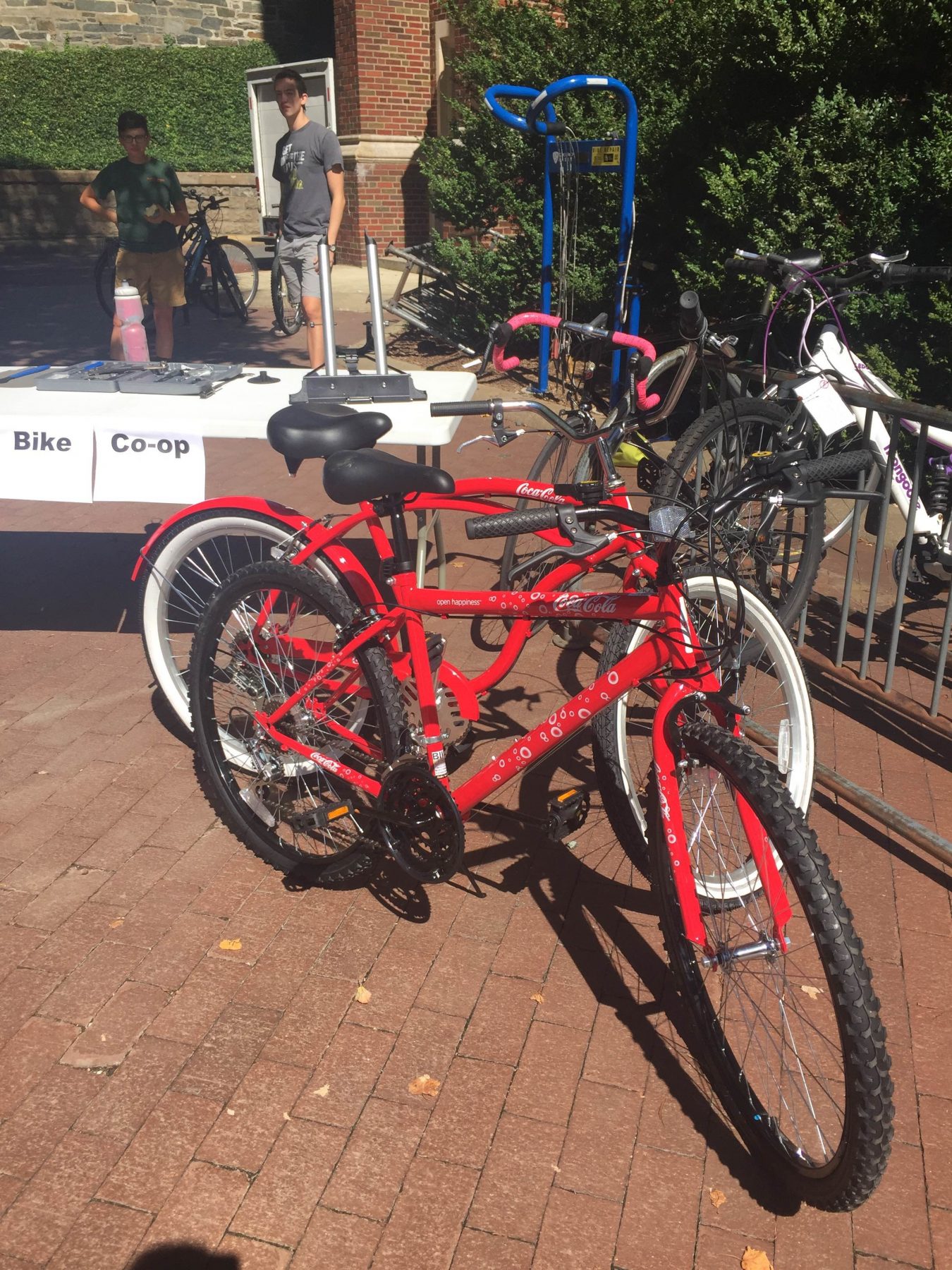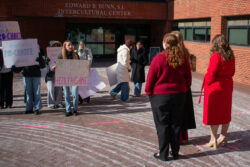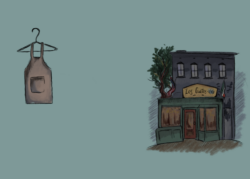
Photo: Cassidy Jensen/Georgetown Voice
On Friday, Sept. 25, the Georgetown Office of Sustainability launched HoyaCycles, an on-campus bike rental program in conjunction with Outdoor Education and the Center of Student Engagement.. As a pilot program, ten students will be able to rent bikes donated by Coca-Cola, along with helmets and locks, for $20 a semester.
According to Patrick Drown (SFS ’17), an engagement coordinator at the Office of Sustainability, this project emerged from student demand for biking options in addition to full ownership or Capital Bikeshare, D.C.’s city-wide bike share program.
Director of the Office of Sustainability Audrey Stewart emphasized the desire to make biking more affordable and convenient for students. An annual Capital Bikeshare membership costs $85, compared to the $40 cost for two semesters of HoyaCycles.
Stewart also mentioned that Hoya Cycles addresses another major student concern: storage for bikes. “You have the resource for the semester, and you don’t have to worry about storing it over the summer or bringing it home with you. You know that it’s here,” said Stewart.
This project began last fall when student interns in the Office of Sustainability performed outreach in the form of Hoya Roundtables and surveys to gauge interest in a bike share program.
“We did a survey, and I think around 75 percent of Georgetown students said they would bike much more frequently if they had access to a rental system,” said Drown.
Ten students were chosen through an application which asked students why they wanted to rent a bike. “Whoever seemed the most enthusiastic, we give it to them. We tried to get a diversity of people who live on campus, off campus, who want to bike to their internship, or different years at Georgetown,” said Drown.
Stewart and Drown are hopeful for program growth if the pilot program receives positive feedback from students. “We’ll see if the students using them really like them, and if we get positive feedback, I think we hope the program will continue in future years. If it goes well, I’m sure we’d love to explore the possibility of expanding it,” said Stewart.
Eventually, according to Drown, the Office of Sustainability hopes that HoyaCycles will be housed under a student group that will also provide bike repair services to students. Drown noted that students who experience problems with their bikes currently must fix the bikes themselves or go to a bike shop, which can be expensive. This new student group would connect students with knowledge about bikes to students who need bike repairs.
The goal of HoyaCycles is ultimately to improve sustainable transportation options for Georgetown students, according to both Drown and Stewart. “We really see sustainability as this integrated and holistic approach,” said Stewart. She also emphasized promoting the idea of the triple bottom line, characterized by valuing people, the planet, and prosperity. “I think bicycling is a great example of that because it’s low cost and affordable, it’s great for human health, and it’s good for the environment,” said Stewart.





